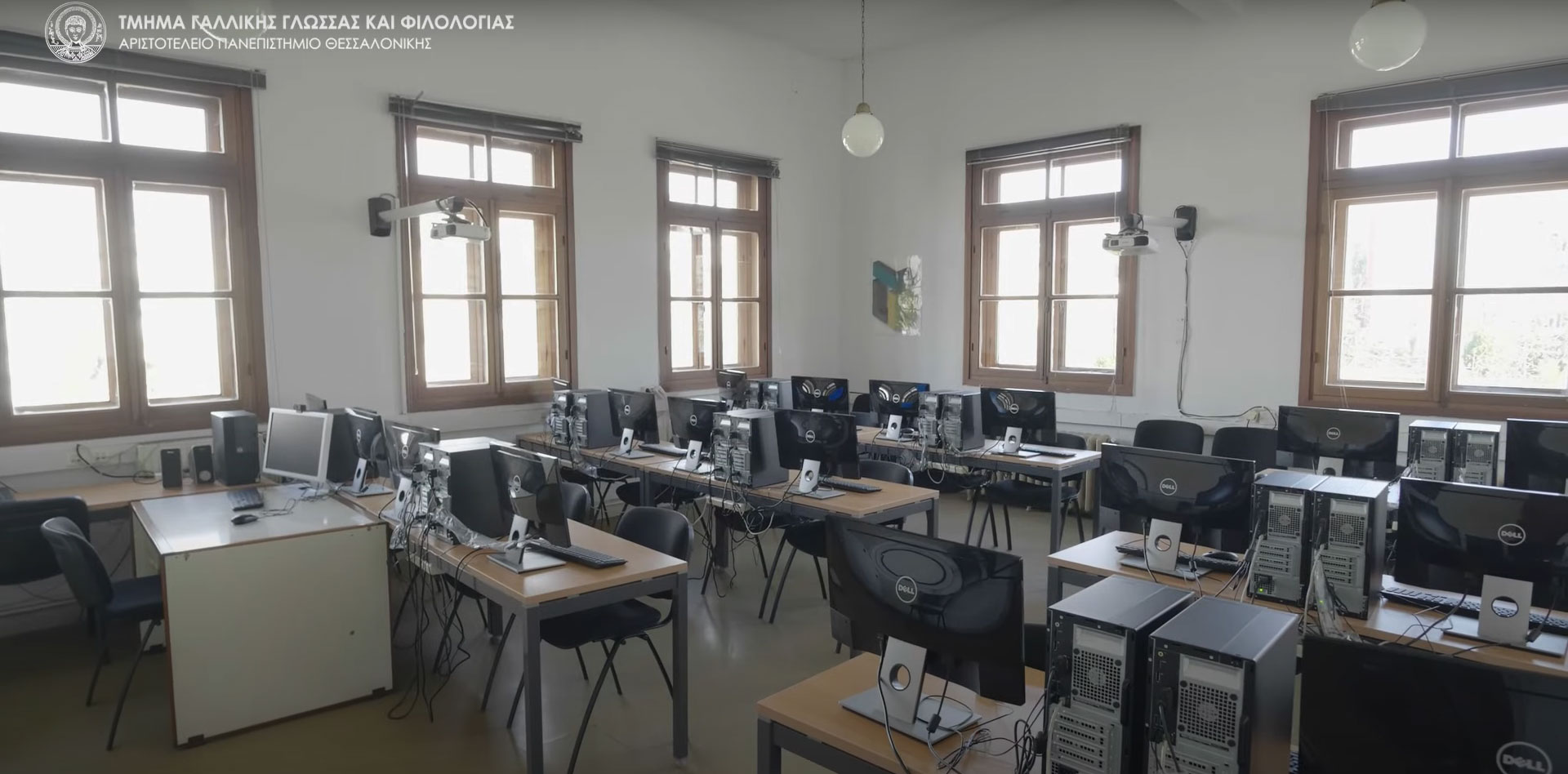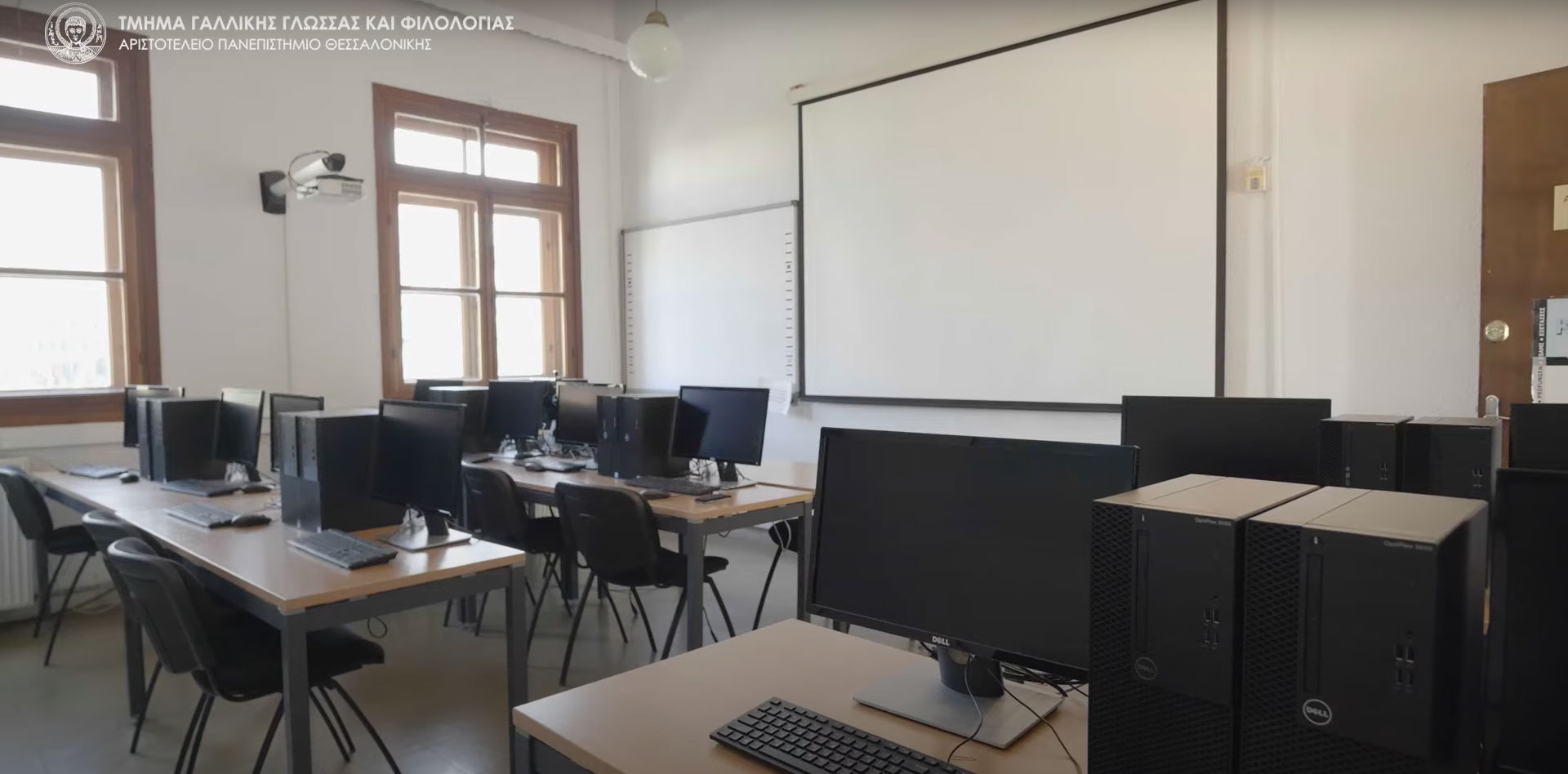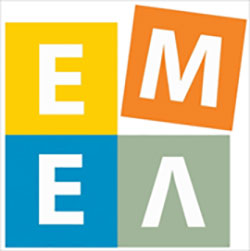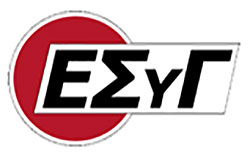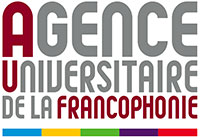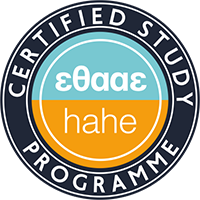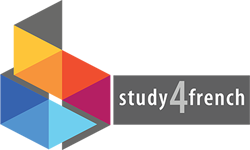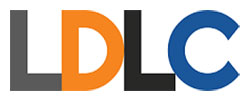
Laboratory of Digital Technologies In Foreign Language Teaching And Communication (LDLC) was founded in 1990 (P.D. 45/31.1.1990 - FEK 16/13-2-1990 v.A , 1268/82) and belongs to the department of Linguistics and Language Teaching.
LDL supports the educational and scientific research needs of the members of the Department. Furthermore, it supports with its own staff and/or in collaboration with external partners. Among them:
- The Forell Laboratory of the University of Poitiers (http://ll.univ-poitiers.fr/didalang-fles/spip.php?article55),
- The RCEL of the University of Athens,
- Several research programs, such as the Practical Training Program, the State Certification Program in foreign languages (KPG) and the KPG’s e-school of the Ministry of Education.
LDL also provides professional know-how and assistance to specific actions (like the Teacher Certification program of the Ministry of Education) and organizes training and educational programs, such as lifelong training sessions for foreign language professors.
LDL aims at:
- Introducing the use of Information and Communication technologies in students’ daily practice and educational mentality
- Supporting research activities of the members of the department in the fields of didactic-pedagogical applications and language learning technologies
- Offering specialized services and training in the areas of educational technology and applications for languages.
For a detailed presentation, see LDL’s web site: http://ldlc.frl.auth.gr (website in greek)
LDL: AUTH, Faculty of Philosophy, Old Building, Office 308A, 308B, 308C, 308D. Tel: (+30) 2310 998852.
